All Formats & Editions

The Varieties of Religious Experience: Complete...
There can be no doubt that as a matter of fact a religious life, exclusively pursued, does tend to make the person exceptional and eccentric. I speak not now of your ordinary religious believer, who follows the conventional observances of his country, whether it be Buddhist,...
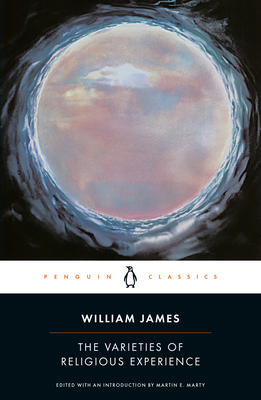
The Varieties of Religious Experience: A Study ...
Standing at the crossroads of psychology and religion, this catalyzing work applied the scientific method to a field abounding in abstract theory. William James believed that individual religious experiences, rather than the precepts of organized religions, were the backbone...
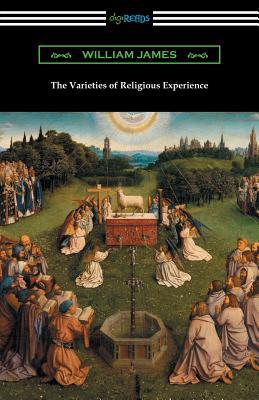
The Varieties of Religious Experience
First published in 1902, "The Varieties of Religious Experience" is William James' philosophical and psychological examination of the nature of religion in human civilization. Based on James's own Gifford Lectures given at the University of Edinburgh in Scotland between 1901...
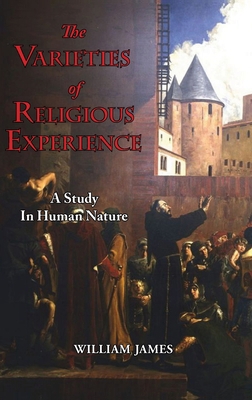
The Varieties of Religious Experience - A Study...

The Varieties Of Religious Experience: A Study ...
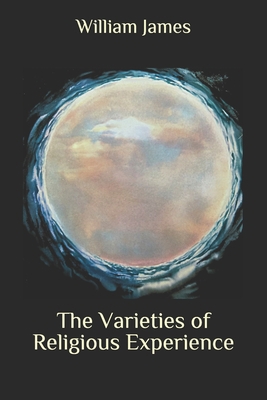
The Varieties of Religious Experience
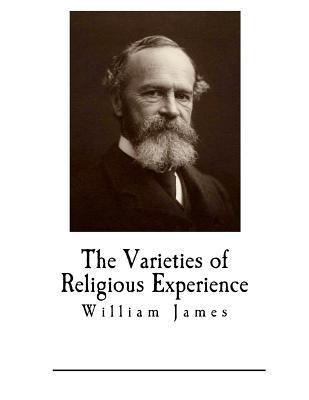
The Varieties of Religious Experience: A Study ...

The Varieties Of Religious Experience: A Study ...
The Varieties of Religious Experience: A Study in Human Nature is a book by the Harvard psychologist and philosopher William James comprising 20 lectures given at the University of Edinburgh in Scotland. These lectures concerned the nature of religion and the neglect of science,...

The Varieties of Religious Experience
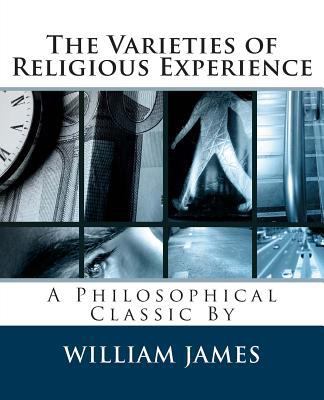
The Varieties of Religious Experience
"The Varieties of Religious Experience" by William James is one of the greatest and most readable books ever written on the subject of religion. While James is not making a "case" for belief here, or any case for any particular religious "system", he does study religious experience,...
![Las Variedades de la experiencia religiosa: Est... [Spanish] 1499300352 Book Cover](https://i.thriftbooks.com/api/imagehandler/l/9375BBFA8F55056AAC4003F521BB5A1500BB6877.jpeg)
Las Variedades de la experiencia religiosa: Est... [Spanish]

The Varieties of Religious Experience: A Study ...

The Varieties of Religious Experience: A Study ...
William James was an American philosopher and psychologist who is considered to be one of the greatest thinkers of the late 19th century. James has often been labeled as the "Father of American psychology".
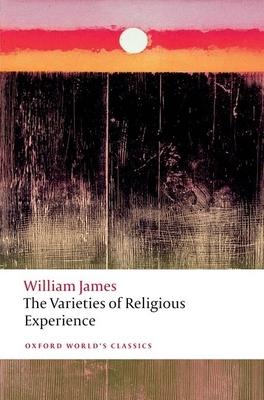
The Varieties of Religious Experience: A Study ...
The Varieties of Religious Experience is William James's classic survey of religious belief. With psychological insight and philosophical rigor, James wrote a truly foundational text for modern belief. Matthew Bradley's wide-ranging new edition--the most critically up-to-date...
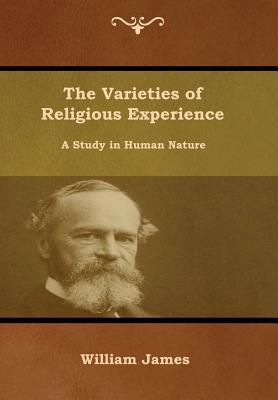
The Varieties of Religious Experience: A Study ...
William James (January 11, 1842 - August 27, 1910) was an American philosopher and psychologist, and the first educator to offer a psychology course in the United States. James was a leading thinker of the late nineteenth century, one of the most influential U.S. philosophers,...
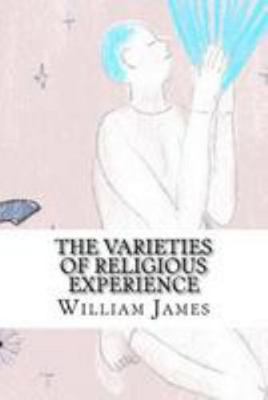
The Varieties of Religious Experience

The Varieties of Religious Experience
These lectures concerned the nature of religion and the neglect of science, in James' view, in the academic study of religion. Soon after its publication, the book entered the canon of psychology and philosophy, and has remained in print for over a century.
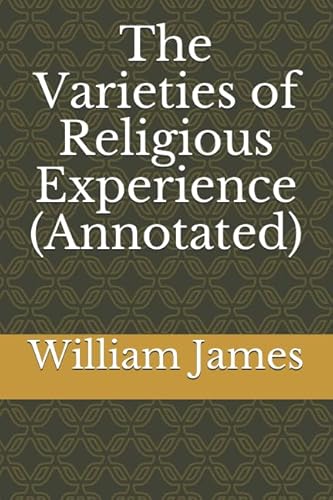
The Varieties of Religious Experience (Annotated)
In my belief that a large acquaintance with particulars often makes us wiser than the possession of abstract formulas, however deep, I have loaded the lectures with concrete examples, and I have chosen these among the extremer expressions of the religious temperament. To some...

The Varieties of Religious Experience
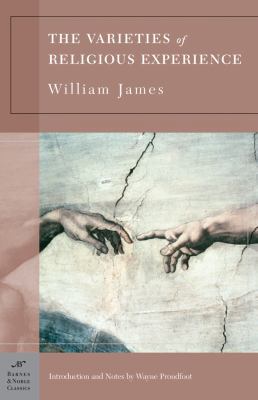
The Varieties of Religious Experience (Barnes &...
&&LIThe Varieties of Religious Experience&&L/I, by &&LBWilliam James&&L/B, is part of the &&LI&&LIBarnes & Noble Classics&&L/I &&L/Iseries, which offers quality editions at affordable prices to the student and the general reader, including new scholarship, thoughtful design,...
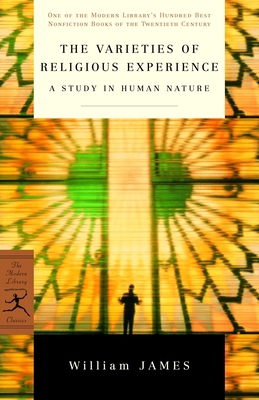
The Varieties of Religious Experience: A Study ...
Selected by the Modern Library as one of the 100 best nonfiction books of all time The Varieties of Religious Experience was an immediate bestseller upon its publication in June 1902. Reflecting the pluralistic views of psychologist turned philosopher William James, it posits...

The Varieties of Religious Experience: A Study ...
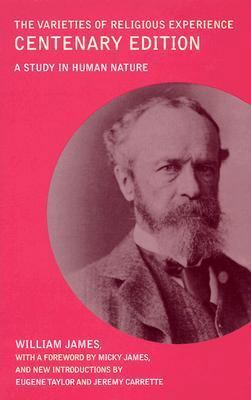
The Varieties of Religious Experience: A Study ...

The Varieties of Religious Experience
Excerpt from The Varieties of Religious Experience: A Study in Human Nature; Being the Gifford Lectures on Natural Religion Delivered at Edinburgh in 1901-1902 Nliver the gipr'ord lectures in Edinburgh was at once a tribute to him and a reward for the university that sponsored...

The Varieties of Religious Experience
The Varieties of Religious Experience by William James The Varieties of Religious Experience: A Study in Human Nature is a book by Harvard University psychologist and philosopher William James. It comprises his edited Gifford Lectures on natural theology, which were delivered...



